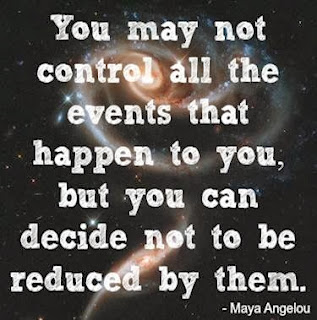December 17, Tuesday of Week Three of Advent
Sing and rejoice, O daughter Zion! For lo, I will come and dwell in your midst, says the LORD. Many nations shall join themselves to the LORD on that day, and shall be my people; and I will dwell in your midst. And you shall know that the LORD of hosts has sent me to you. (Zechariah 2: 10-11)3:26 AM - I should be sleeping. I've been awake since 2:30, give or take. What's best to do with the Christmas Eve afternoon service? Should we invest in property next door to the church? What's the best way to help Howie? Why am I stuck on a weight plateau? Why is it so hard to lose weight anyway?
Does God come to us in the middle of our insomnia? I usually sleep ok. Not tonight. Not tonight with so much that I want to go right, be good, offer the first and best gifts of what God gives me. All of my anxieties about myself and frustrations with how things are or may turn out are invading the middle of my usual time to sleep.
I am awake.
I am awake in Advent. Worrying about Christmas Worrying about how to finance my purchases. I am eyes wide open in Advent. Pondering how to make the church I serve "successful." 'Like I can do that? When is good, good enough? Am I supposed to worrying, anticipating, both, neither?
I'd prefer to be asleep in Advent right now, at least for a couple of hours before when I'm scheduled to wake up and go to yoga class. My purpose then is to burn a few calories, practice breathing; you know, be healthy. My purpose throughout this Advent has been to accomplish all of those things that are associated with practicing a devoted spiritual discipline. I suck at contemplative prayer; so, I thought I'd give yoga a fourth chance. What should I hold on to and what should I let go of before the odd but wonderful things will happen in Bethlehem.
It's now 3:47 AM. Maybe I should be singing and dancing like the prophet Zechariah suggests. He's one of those prophets at the back of the Old Testament that people don't know much about. His words don't get heard alot anymore, if they ever did. That's how I feel about this blog. Nobody reads it. Why bother with it? Would I, or the church I serve be more successful if more people showed up and read and saw what I (we) did. As if it's all about me.
I think the behavior that the Prophet Zechariah was trying to share with the Jews returning from Babylon was that Yahweh was creating something new. God was restoring God's Reign amongst the people who had been taken away from their roots, their, homes, and their sleep. God's kingdom of justice and peace wasn't going to happen simply, or casually. Remembrance and repentance are crucial for the people to practice. There were then and are now some sleepless nights when wandering around with God in seasons of Advent.
Remembrance and repentance are connected to rejoicing. It is because of the connections between then, and what is to come in our now when we most trust in The Messiah's presence. Anxiety about what happened or what's happening won't determine the outcome of either one. Letting go, seeking forgiveness, being faithful and hopeful. These virtues in concert and song with one another perhaps best define how our song and dance of life goes in Advent. God knows and God cares.
It's 4:14 AM - a little less than an hour until the alarm goes off.
I think I'll try to nap in Advent for that little amount of time. May God dwell in the middle of our midst if you are awake with me.
Blessings Along The Way, Jim+














